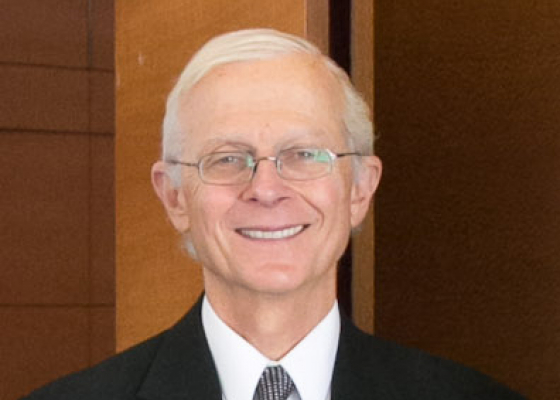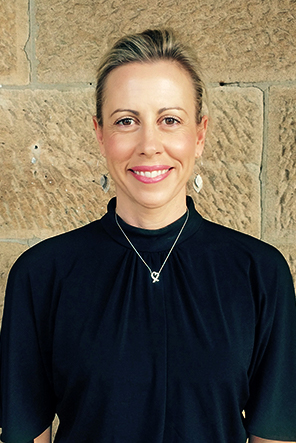Co-Director of CHeBA (Centre for Healthy Brain Ageing) at UNSW Australia, Professor Henry Brodaty, has joined more than 30 leading international experts to drive increased collaboration in research to defeat Alzheimer’s disease and other dementias.
The comprehensive 78-page report, published in the Lancet Neurology Commission, identifies a range of challenges that need to be addressed to reduce the burden of dementia and recommends that a concerted effort and long-term economic commitment is needed to meet the challenge of dementia.
"This is the largest grouping of pre-eminent researchers and clinicians to collaborate in developing a blueprint for tackling the challenge that dementia presents to an ageing world,” said Professor Henry Brodaty.
The report, led by Professor Bengt Winblad from the Center for Alzheimer Research in Sweden, also outlines recommendations about how patient care, as well as basic and clinical research on Alzheimer’s disease and other dementias should be organised in the future. The report was presented to the European Parliament Commissioners in Brussels on March 15.
“What we need now is for the politicians to realise that this is a growing problem, that already costs society tremendous amounts of money. We need investments of resources in research in all areas involved in this disease, to find better drugs, but also to improve compassionate care and prevention,” says Professor Bengt Winblad.
Professor Brodaty strongly endorsed these key recommendations of progress in dementia care, treatment and prevention and development of improved infrastructure for research.
"Research is key to developing preventions, treatment and better care for the many diseases that can cause dementia," he said.
Alzheimer´s, the most common form of dementia, accounts for approximately 60 percent of cases. The most important risk factor is high age and as life expectancy increases, the number of persons with dementia is expected to rise. In 2015, almost 47 million persons around the world were estimated to be affected. By 2030, the number is expected to reach 75 million. By 2050, up to 131 million persons are expected to be burdened by the disease. So far, no treatment is available that can effectively halt or reverse the disease.
The Commission report discusses health economics, epidemiology, prevention, genetics, biology, diagnosis, treatment, care and ethics. The commission advocates that public governmental agencies form large multinational partnerships with academic centres and pharmaceutical companies to deploy capital resources and share risk.
"To defeat Alzheimer’s disease and other dementias, united actions are needed, not only within research, but also within the political arena on all levels. My hope is that our work will stimulate increased national and international collaboration," says Bengt Winblad.
The Lancet Neurology Commission paper is a work by researchers from Sweden, France, UK, Australia, Denmark, Canada, Switzerland, Italy, Luxembourg, the United States, Germany and Netherlands.
Publication:'Defeating Alzheimer’s disease and other dementias: a priority for European science and society', Bengt Winblad, Philippe Amouyel, Sandrine Andrieu et al, Lancet Neurology, 2016;15:455-532.
For more information about CHeBA go to www.cheba.unsw.edu.au
Media contact:
Heidi Mitchell | CHeBA - Centre for Healthy Brain Ageing | +61 2 9382 3398 | 0435 579 202
heidi.mitchell@unsw.edu.au


